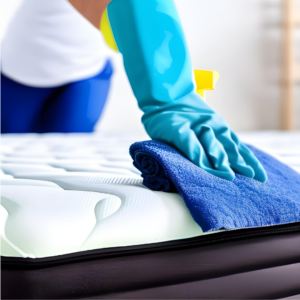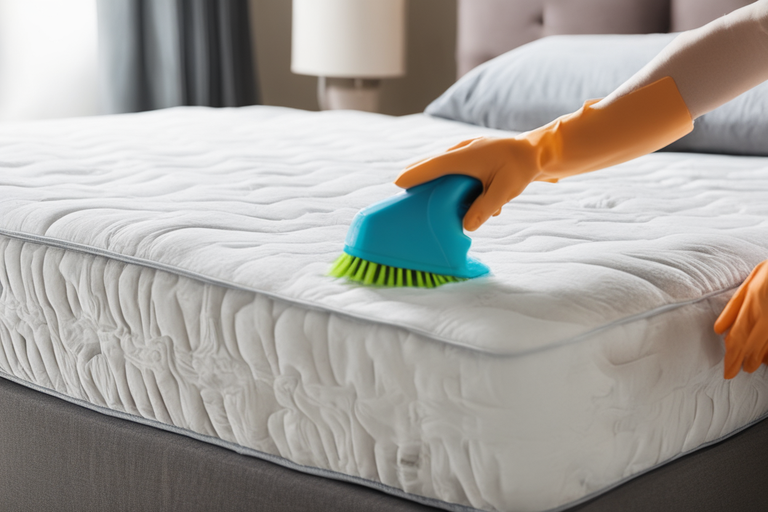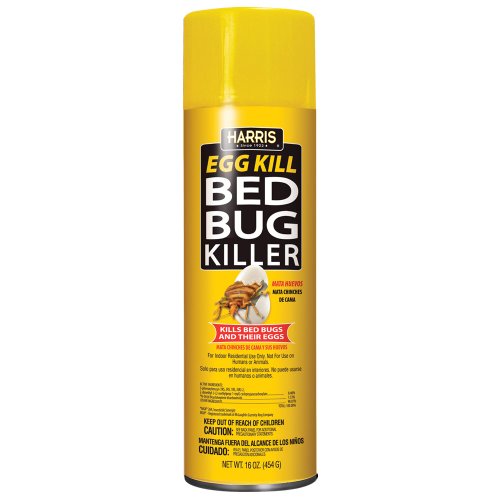Does Bleach Kill Bed Bugs?
Ah, you’ve stumbled upon a common query that has been troubling homeowners for years: “Does bleach kill
The Science Behind Bleach
Bleach, specifically sodium hypochlorite, is a potent disinfectant that is revered in households for its broad spectrum of activity against germs. It acts by breaking down the proteins and inner structures of microorganisms, rendering them inactive. But when it comes to larger pests like
Furthermore, bleach has a strong odor that can be detected even when diluted. This smell can often act as a repellant, making the
You might be interested in: Can Bed Bugs Make You Sick?
What Attracts Bed Bugs ?
Curiously,
Additionally, the warmth and security of human habitation provide them with ideal conditions to thrive. Their primary goal is to feed, reproduce, and spread, and our homes inadvertently offer them a buffet and sanctuary to do just that.
The Anatomy of Bed Bugs
Bed bugs, while minuscule, are surprisingly resilient. They have a flat, oval shape, which makes them masters at hiding. Their bodies can expand significantly after a blood meal, but until they feed, they’re often no thicker than a credit card.
Their reddish-brown hue also provides them with a form of camouflage, especially on wooden surfaces or darker fabrics. Additionally, these pests can survive without feeding for several months under the right conditions, patiently waiting for an opportunity to strike.
Common Hideouts in Homes
Though they carry the name ‘bed’ bugs, don’t be fooled. These creatures aren’t just restricted to your mattress. They can be found in a plethora of places within your home. From the seams of your sofa to the tiny crevices in walls, and even behind electrical outlets – they’re adept at finding spots that are out of reach and sight.
Moreover, they’re often transported in luggage, furniture, or clothing. So, it’s possible for them to end up in the most unexpected places, from your living room to your car or office.
- Kills Bed Bugs and Bed Bug Eggs
- Kills Fleas and Dust Mites
- Non-staining, Leaves No Odor
How Bleach Affects Bed Bugs
Bleach’s direct impact on
Bleach’s effectiveness greatly depends on its concentration and the duration of exposure. While it might be tempting to douse areas with bleach, remember that it can also damage your belongings and pose health risks to inhabitants.
Direct Contact versus Residual Impact
While direct contact with bleach can kill bed bugs, the real challenge lies in ensuring that every single bug and egg is exposed. Those tucked deep within the folds of fabrics or inside wall cracks can escape unharmed.
Moreover, bleach doesn’t offer any residual killing power. Unlike some insecticides that remain active for days or weeks, once bleach dries, its potency diminishes. This means
Factors That Influence Efficacy
Numerous factors play into how effective bleach will be against
Environmental factors, like temperature and humidity, can also influence bleach’s efficacy. In colder temperatures, bleach can lose its potency, while in humid conditions, it might not dry as quickly, potentially increasing its contact time with the bugs.

Practical Applications: Using Bleach Against Bed Bugs
Bleach, specifically its active ingredient sodium hypochlorite, is a strong oxidizing agent. When applied directly to
Additionally, washing infested items in hot water mixed with bleach can be a double blow. The heat from the water and the bleach’s corrosive properties can together stand a good chance at eliminating the pests. However, this approach is mainly for items that won’t be damaged by bleach, like certain clothes or bed linens.
- Kills Bed Bugs and Fleas
- Inhibits Reinfestation Up to 7 Months
- Use indoors in enclosed spaces
- Non Toxic
Precautions and Safety Measures
While bleach might sound like a miracle solution, it comes with its own set of risks. For starters, its fumes can be harmful when inhaled. Always ensure adequate ventilation when using bleach. Also, its corrosive nature means it can damage certain fabrics, discoloring them or weakening their fibers.
Furthermore, bleach can harm the skin upon contact. It’s advisable to wear gloves and ensure no splashes come into contact with your skin or eyes. If it does, wash immediately with plenty of water and seek medical advice if irritation persists.
Dos and Don’ts
When you’re on a mission to eradicate
On the flip side, never assume that a single application of bleach will solve your bed bug issue. These pests are sneaky, and their eggs are particularly resistant. Regular checks and multiple treatments might be necessary.
Alternatives to Bleach
While bleach is a household name, it’s not the only weapon in the arsenal against
Another option to consider is heat treatment.
Natural Remedies
Nature, in its vast wisdom, provides us with several solutions to combat
Similarly, baking soda is believed to absorb the moisture from
Professional Treatments
Sometimes, the infestation is beyond what home remedies, including bleach, can handle. In such instances, professional extermination becomes essential. Pest control agencies employ a combination of chemical treatments, heat treatments, and even cold treatments using liquid nitrogen to ensure that every last bed bug is eliminated.
Moreover, professionals have the expertise to identify all potential hideouts and breeding grounds of
- Kills Bed Bugs & Their Eggs
- Surface spray to beds, mattresses and more
- Intended for indoor residential
- Helps to treat deep into cracks and crevices
Preventing Future Infestations
Prevention is always better than cure. Ensuring that
Furthermore, be cautious when bringing second-hand furniture into your home. Ensure they’re free from any pests. Regular cleaning, vacuuming, and decluttering can make your home less inviting for
Does Bleach Kill Bed Bugs ?
So, does bleach kill
You might be interested in: Murphy Bed With Desk: A Modern Solution for Compact Living
FAQs:
Can bleach kill bed bug eggs?
Possibly on direct contact, but reaching all eggs is challenging.
How often should I use bleach against
While it’s not a recommended regular treatment, if used, ensure thorough ventilation and take breaks between applications.
Are there home remedies other than bleach to handle
Yes, options include tea tree oil, lavender oil, and diatomaceous earth, among others.
Will bleach damage my furniture or bedding?
Bleach can discolor and weaken fabrics, so always spot test and use with caution.
Do
Yes, some







